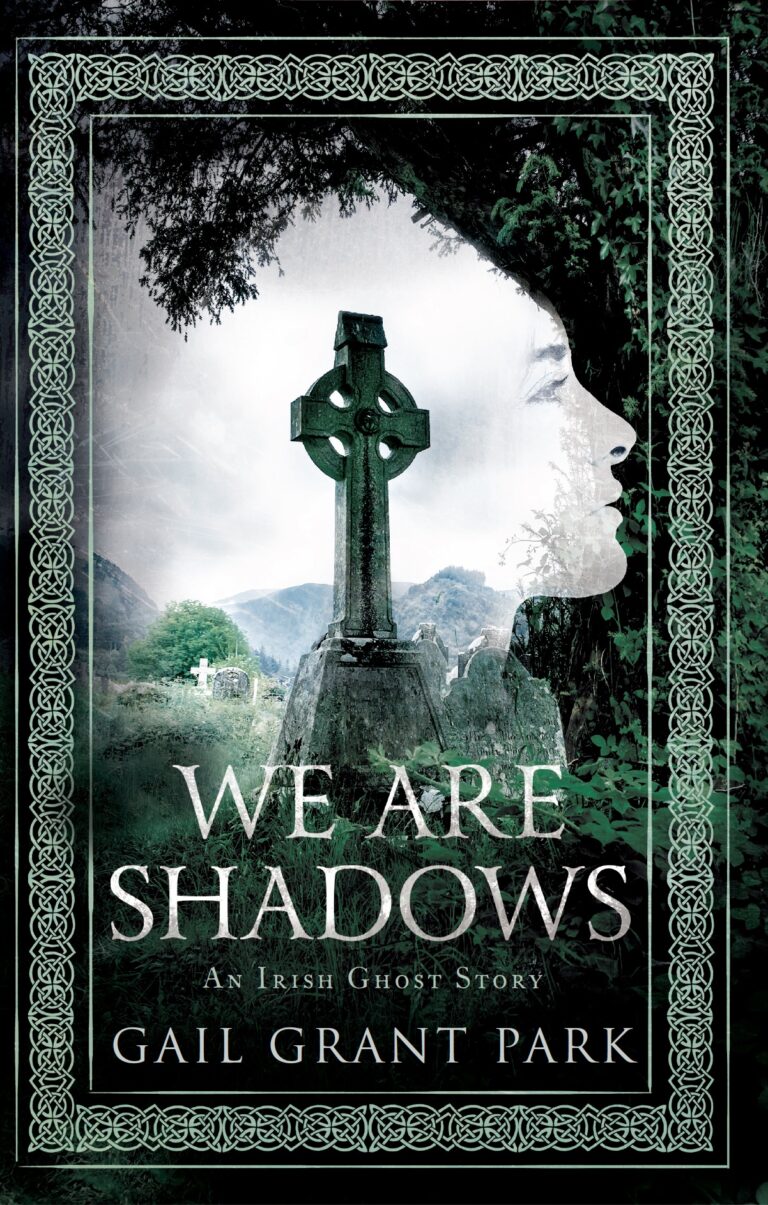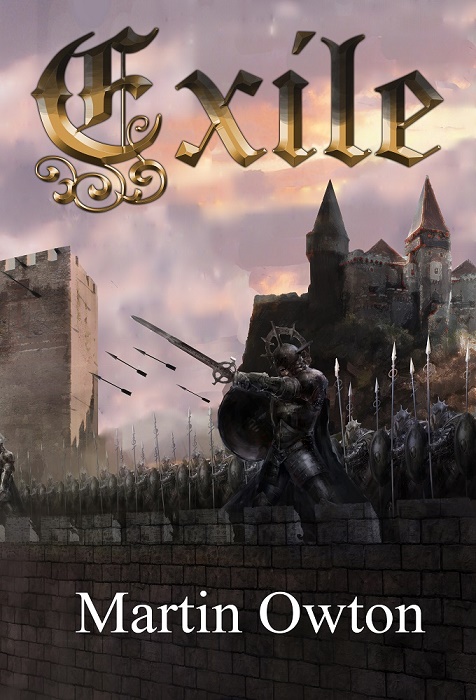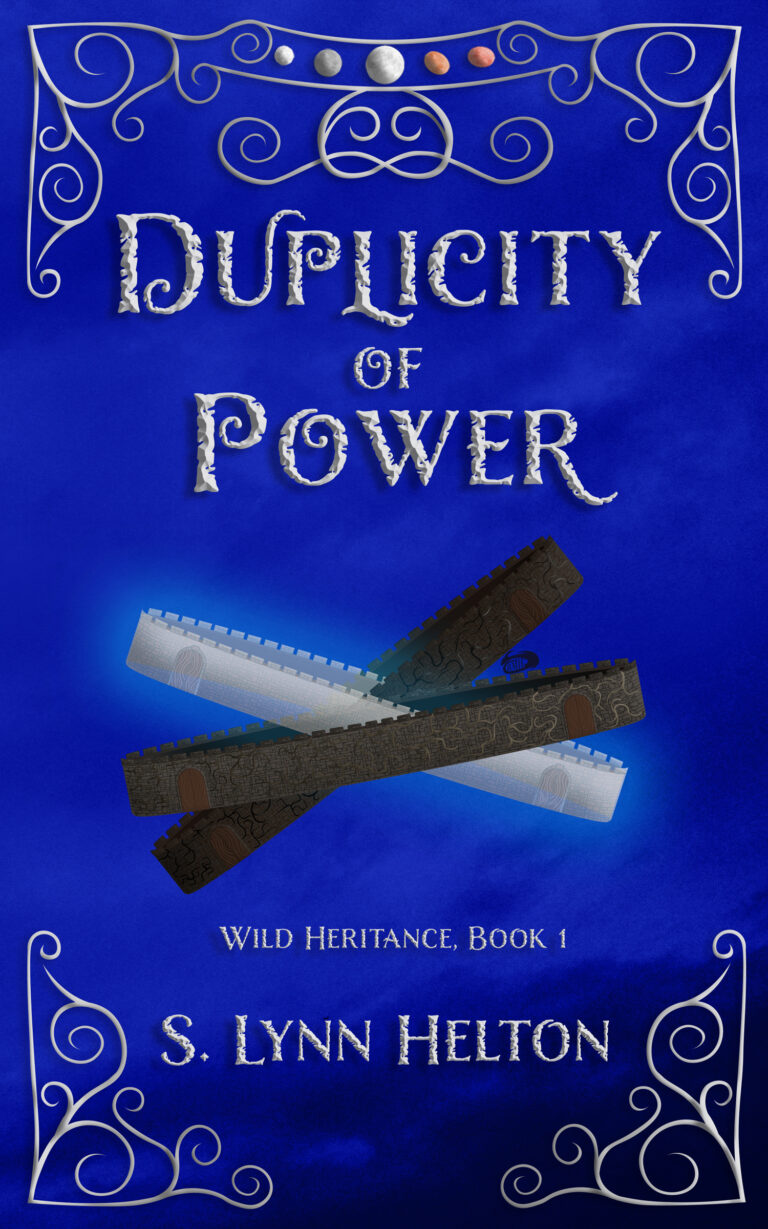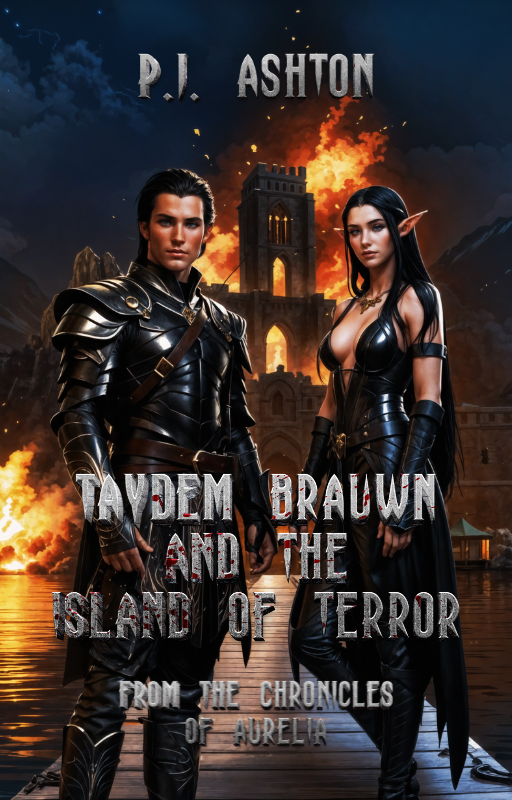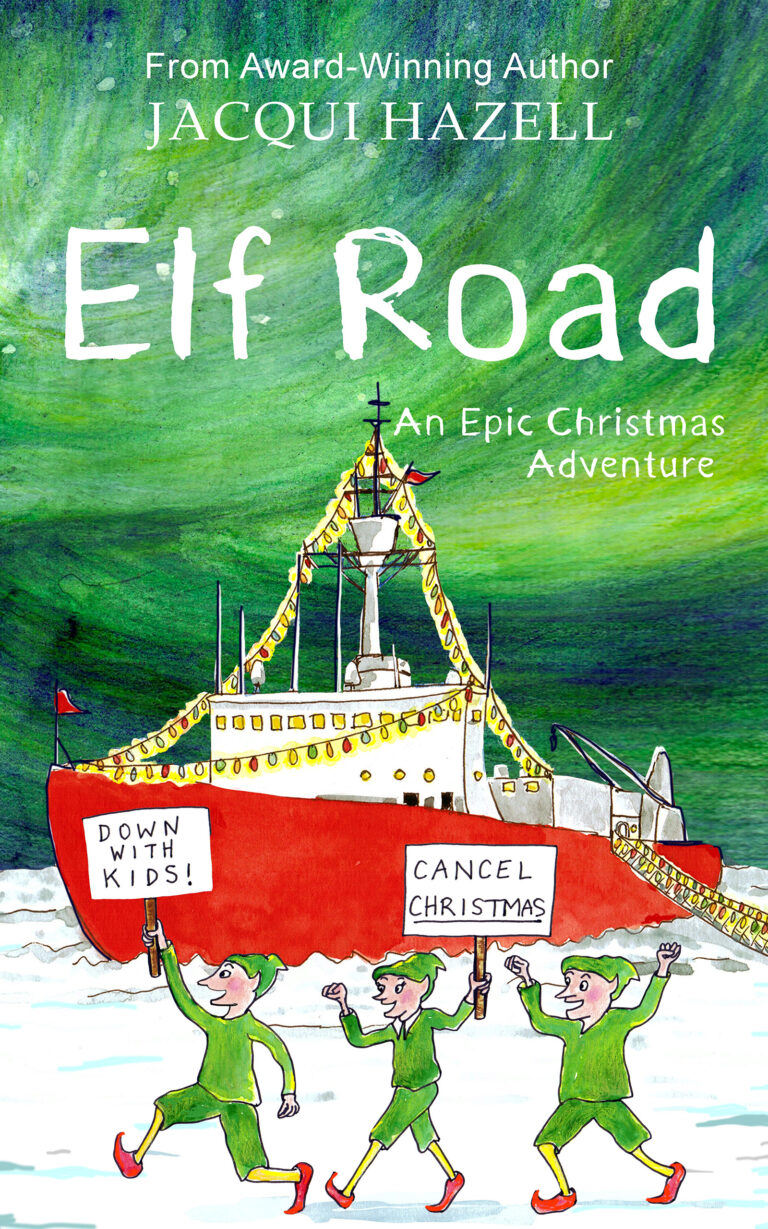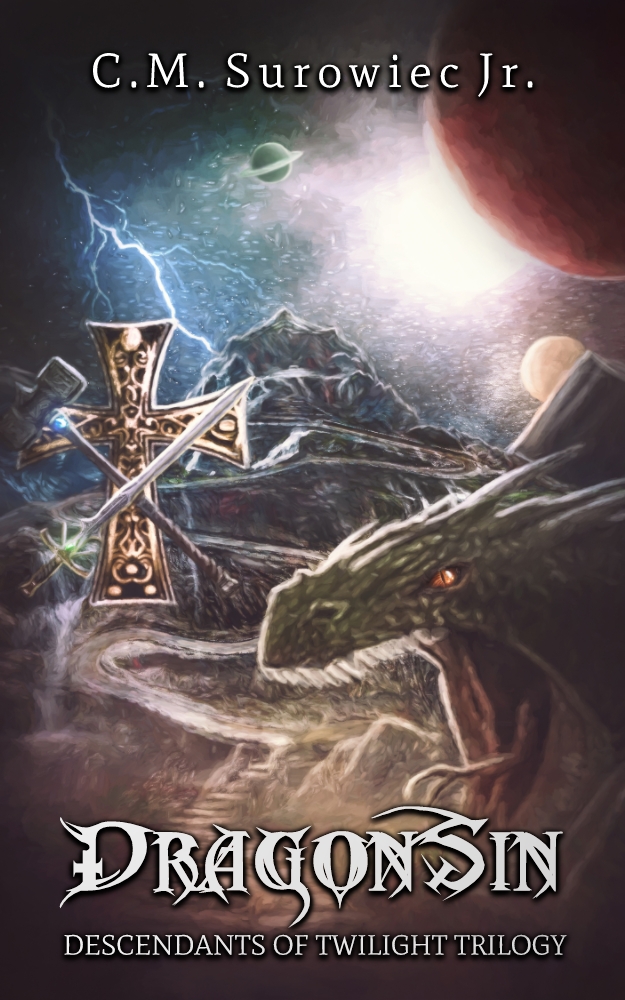We have already touched on the Common Errors Made In Writing and How You Can Minimise Them however, today, we wanted to expand specifically on the clichés used in writing.
A cliché in writing refers to an overused phrase, idea, plot element, character type, or theme that has become predictable or lacking in originality due to its frequent use. Clichés can make a piece of writing feel stale, uninteresting, or formulaic because they are so familiar to readers. Writers are often encouraged to avoid clichés and strive for fresh, unique, and inventive approaches to storytelling in order to engage their audience.
Here are some commonly use clichés in writing and some tips on how to avoid them!
Love at first sight: Instead of portraying instant and unrealistic romantic connections, focus on developing a gradual and genuine relationship between characters. Explore the complexities of love and its evolution over time.
The Chosen One: Rather than relying on the overused “Chosen One” trope, create characters who must work hard, face challenges, and make sacrifices to achieve their goals. Explore the idea that anyone can be a hero through their actions.
The Mentor’s Sacrifice: While the mentor sacrificing themselves for the protagonist is a classic, consider subverting this trope by having the mentor survive or finding alternative ways to impart wisdom. This can add unexpected twists to your story.
The Misunderstood Villain: Instead of having a villain with a tragic past that justifies their actions, create more nuanced antagonists. Explore the motivations and perspectives of your villains, making them multi-dimensional characters with their own valid reasons (even if morally questionable).
Damsel in Distress: Challenge gender stereotypes by portraying female characters as strong, independent, and capable. Allow them to play active roles in their own stories, overcoming challenges through their own agency.
The Unlikely Team: While the “unlikely team” concept can be effective, try to add depth to the relationships and reasons behind the characters coming together. Develop their dynamics beyond surface-level differences.
Dream Sequence Wake-Up: Steer clear of using dream sequences solely as a device for revealing crucial information or as an easy plot twist. If you include dreams, ensure they contribute meaningfully to character development or plot progression.
The Amnesiac Hero: Instead of relying on amnesia as a quick plot device, consider other ways to introduce mystery or conflict. Allow your characters to have a clear sense of identity, and explore their growth and development.
The Last-Minute Save: While close calls and suspense are essential, be cautious about relying too heavily on last-minute rescues. Build tension through unexpected consequences or challenges that characters must face, even if they succeed in the end.
The Prophecy: If your story involves a prophecy, try to subvert expectations or provide a fresh interpretation. Challenge the notion that destiny is set in stone, allowing characters to shape their own paths.
Remember, the key is to be mindful of these clichés and to approach storytelling with creativity and originality. Don’t be afraid to challenge conventions and offer readers something unexpected and refreshing.
Have we missed a cliché that you might find beneficial in learning more avoid? What cliché is often found in your chosen genre of writing or reading? Share it with us on our social media pages Facebook and Instagram!


